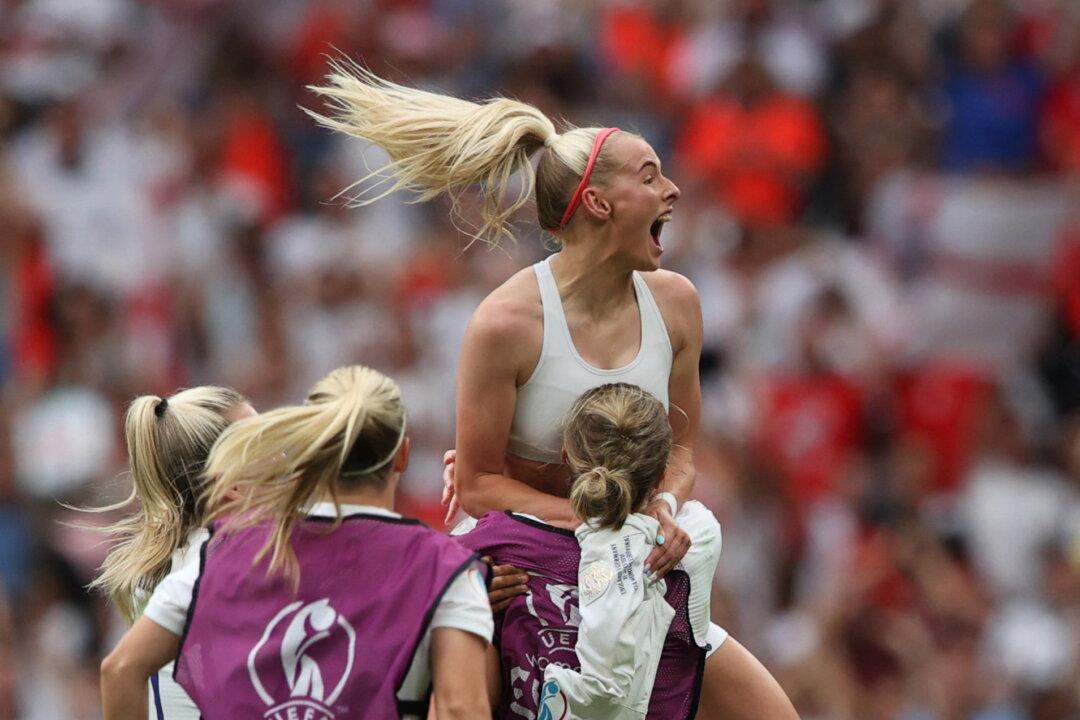Sporting regulators fear being cancelled or sued if they ban trans competitors from female sports, an MP has told Parliament.
Tim Loughton said the organisations want firm rules on ensuring that only biological females compete against each other, but risk “vexatious, costly legal actions” and being dragged on social media as “transphobic and exclusionary.”





